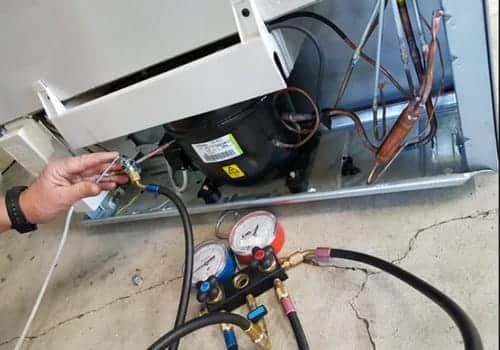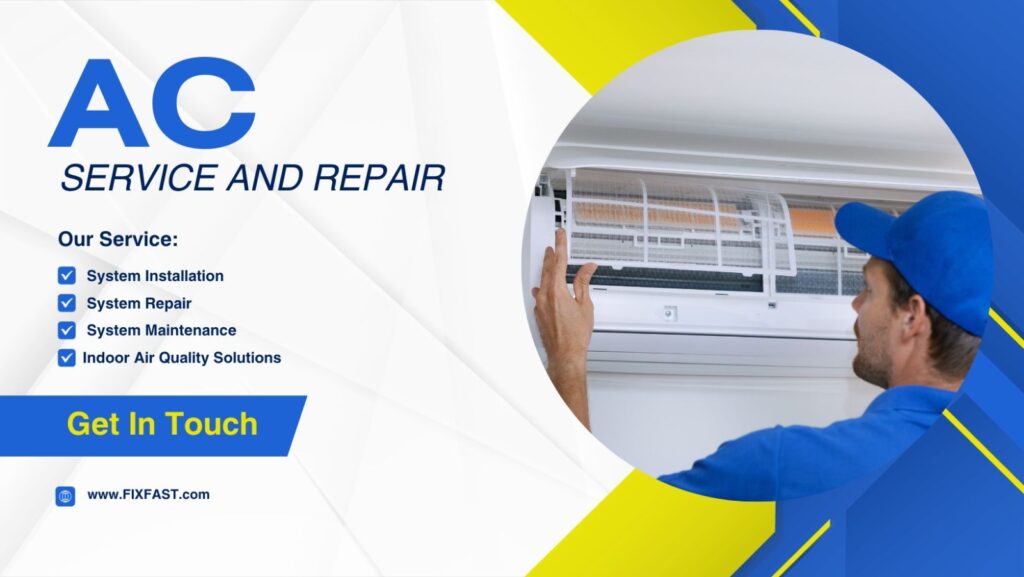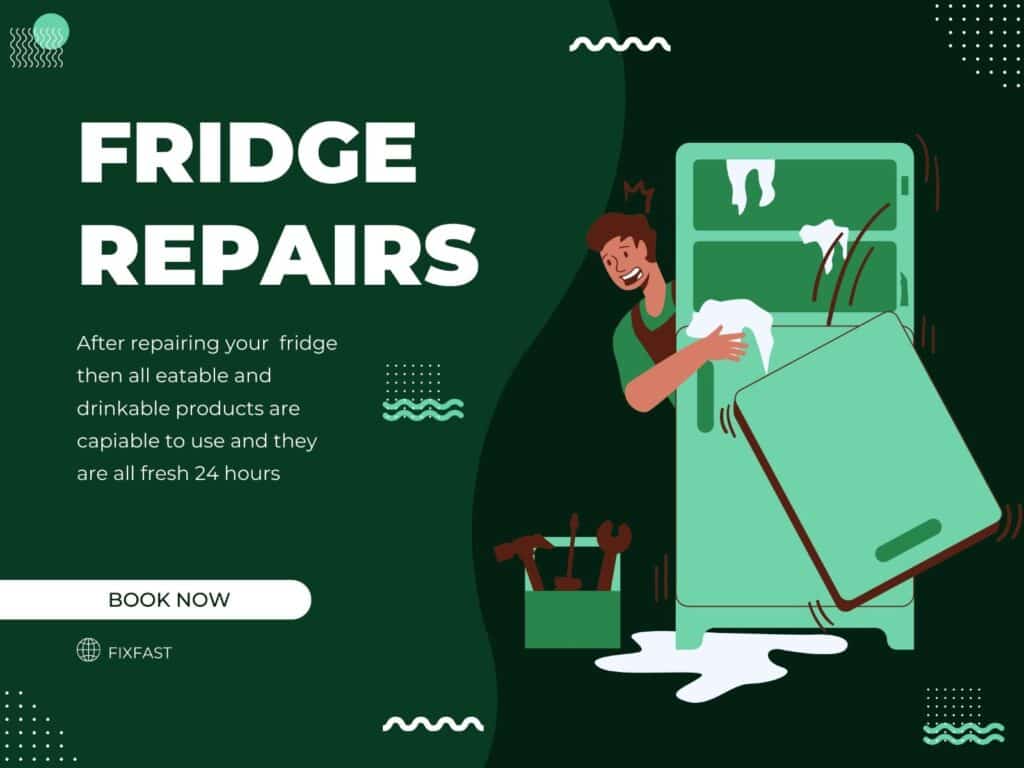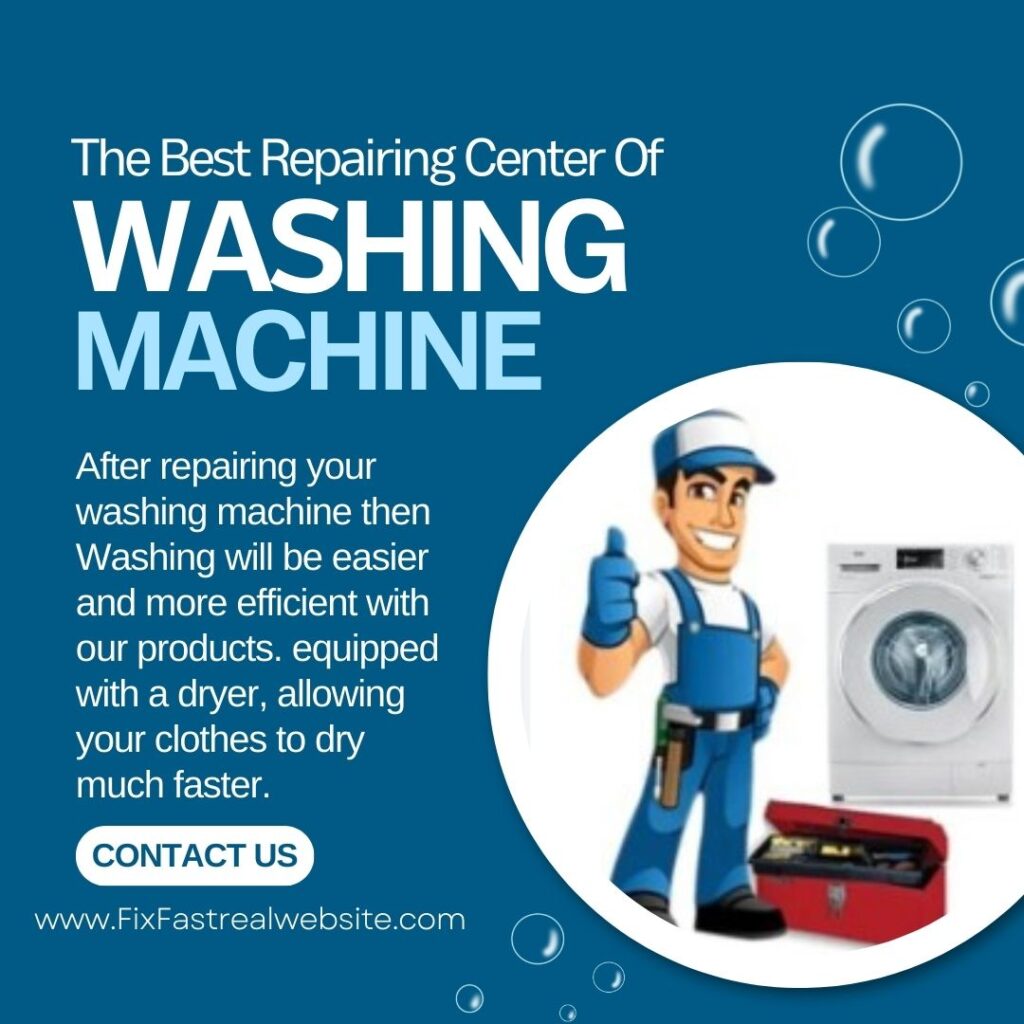Introduction
best 1 Repair Appliance In today’s fast-paced world, household appliances have become an integral part of our daily lives. From refrigerators to washing machines and ovens, these appliances simplify our chores and make life more convenient. However, when these appliances malfunction, it can disrupt our routine and lead to frustration. In this comprehensive guide, we will explore common appliance issues and provide step-by-step solutions for repairing them.
best 1 Repair Appliance

Understanding Common Appliance Problems
Before diving into specific appliance repairs, it’s crucial to understand the common problems that can occur. Here are some of the most frequent issues homeowners face:
1. Refrigerator Not Cooling Properly (H1)
A malfunctioning refrigerator can lead to food spoilage and waste. Learn how to diagnose and fix cooling issues.
2. Washing Machine Won’t Drain (H1)
A washing machine that doesn’t drain can leave your clothes soaking wet. Discover the reasons behind this problem and how to resolve it.
3. Oven Not Heating Up (H1)
An oven that doesn’t heat up can ruin your cooking plans. Find out how to troubleshoot and repair heating issues.
4. Dishwasher Not Cleaning Dishes (H1)
A dishwasher that doesn’t clean dishes properly can be frustrating. Learn how to address this common problem.
Repairing Your Appliances
Now that we have identified common appliance problems, let’s delve into the step-by-step solutions to fix them.

Fixing a Refrigerator Not Cooling Properly (H2)
best 1 Repair Appliance If your refrigerator is not cooling as it should, follow these steps:
- Check the Thermostat (H3): Ensure that the thermostat is set to the correct temperature. Adjust it if necessary.
- Clean the Condenser Coils (H3): Dust and dirt on the condenser coils can affect cooling. Clean them regularly.
- Inspect the Evaporator Fan (H3): If the fan is not working, cold air won’t circulate. Replace it if needed.
- Examine the Door Seal (H3): A faulty door seal can let warm air in. Replace it if it’s damaged.
- Monitor the Freezer Vent (H3): Make sure the freezer vent is not blocked by food items.
Resolving Washing Machine Drainage Issues (H2)
Here’s what to do if your washing machine won’t drain:
- Check the Drain Hose (H3): Ensure that the drain hose is not kinked or clogged. Straighten it out if necessary.
- Inspect the Pump Filter (H3): A clogged pump filter can prevent drainage. Clean it regularly.
- Look for Object Blockages (H3): Sometimes, foreign objects can block the drain. Remove any obstructions.
- Examine the Drain Pump (H3): If the pump is faulty, replace it with a new one.
Fixing an Oven That Won’t Heat (H2)
When your oven refuses to heat up, follow these steps:
- Check the Heating Element (H3): Inspect the heating element for signs of damage or wear. Replace if necessary.
- Test the Oven Sensor (H3): A malfunctioning sensor can affect temperature accuracy. Replace it if needed.
- Examine the Igniter (H3): If the oven’s igniter is faulty, it won’t heat up. Replace it to restore functionality.
Troubleshooting a Dishwasher That Doesn’t Clean Dishes (H2)
If your dishwasher isn’t cleaning dishes properly, try these solutions:
- Clean the Spray Arm (H3): Remove and clean the spray arm to ensure proper water circulation.
- Check Water Temperature (H3): Verify that your dishwasher is getting hot water. Adjust the water heater if needed.
- Inspect the Detergent Dispenser (H3): Ensure that the detergent dispenser is functioning correctly. Replace it if it’s broken.
Conclusion best 1 Repair Appliance
Repairing household appliances may seem daunting, but with the right knowledge and a little patience, you can often fix common issues yourself. Remember to prioritize safety by unplugging appliances before attempting any repairs and, when in doubt, consult a professional technician.

Frequently Asked Questions (FAQs)
- Is it safe to repair appliances myself? It’s safe to attempt minor repairs, but for complex issues or if you’re unsure, it’s best to consult a professional technician.
- How often should I clean my appliances for maintenance? Regular cleaning of appliance components like filters and coils is recommended every few months to ensure optimal performance.
- What can I do to prevent common appliance problems? Regular maintenance, such as cleaning and checking for wear and tear, can help prevent many common appliance issues.
- Are there any safety precautions I should take when repairing appliances? Always unplug the appliance before attempting any repairs, and if dealing with gas appliances, shut off the gas supply as well.
- When should I consider replacing an appliance instead of repairing it? If the cost of repairs exceeds the value of the appliance or if it’s an older model with frequent issues, it might be more cost-effective to replace it.
Additional Tips for Appliance Maintenance
To ensure your appliances stay in good working condition for years to come, here are some additional maintenance tips:
1. Regular Cleaning (H2)
- Clean the exterior and interior of your appliances regularly to prevent dirt and grime buildup.
- Pay attention to seals, gaskets, and rubber components, as these can wear out over time and affect performance.
2. Proper Use (H2)
- Follow the manufacturer’s guidelines for using your appliances, including load capacities and recommended settings.
- Avoid overloading washing machines and dishwashers, as this can strain the motor and lead to malfunctions.
3. Timely Repairs (H2)
- Don’t ignore minor issues; address them promptly to prevent them from becoming major problems.
- Keep a record of maintenance and repairs, including dates and service details.
4. Ventilation (H2)
- Ensure that appliances like refrigerators and ovens have proper ventilation to prevent overheating.
- Clean or replace filters and vents as needed to maintain airflow.
5. Appliance-Specific Tips (H2)
- For refrigerators, maintain proper temperature settings to keep food fresh and prevent spoilage.
- In the case of ovens, use oven-safe cookware and avoid spills that could lead to oven interior damage.
- Dishwashers benefit from regular cleaning of the filter, spray arm, and detergent dispenser.
best 1 Repair Appliance By following these maintenance tips and the repair solutions provided earlier, you can extend the lifespan of your household appliances and minimize the inconvenience of breakdowns. best 1 Repair Appliance
Stay Informed and Be Resourceful
In the digital age, information and resources for appliance repair are readily available. Consider the following sources:
1. Online Tutorials (H2)
- There are numerous video tutorials and written guides available online for specific appliance repairs.
- Websites and forums dedicated to DIY appliance repair can provide valuable insights.best 1 Repair Appliance
2. Manufacturer’s Resources (H2)
- Manufacturers often provide user manuals and troubleshooting guides on their websites.
- Customer support services can assist with technical queries and parts replacement.
best 1 Repair Appliance

best 1 Repair Appliance
3. Professional Help (H2)
- If a repair task seems beyond your capabilities, don’t hesitate to contact a certified technician.
- Professional repair services can diagnose and fix complex issues safely and effectively.
best 1 Repair Appliance In conclusion, while household appliance repairs may seem intimidating, many common problems can be resolved with a little knowledge and effort. Regular maintenance and timely repairs can save you money in the long run and keep your appliances running smoothly. Remember to stay safe, consult reliable resources, and when in doubt, seek professional assistance. With these guidelines and tips, you can become a more confident and capable household appliance owner.
Frequently Asked Questions (FAQs) Continued:
- What should I do if my appliance is still under warranty? If your appliance is under warranty, contact the manufacturer or authorized service center for repairs to avoid voiding the warranty.
- Are there any DIY safety precautions to keep in mind? Always wear appropriate safety gear, such as gloves and safety goggles, when working on appliances. Disconnect electrical and gas connections before starting any repairs.
- Can I recycle my old appliances? Yes, many communities offer recycling programs for old appliances. Check with your local recycling center for disposal options.
- What should I do if I can’t identify the problem with my appliance? If you’re unable to diagnose the issue, it’s best to seek professional help to avoid causing further damage.
- Is it cost-effective to repair older appliances? It depends on the extent of the repairs and the age of the appliance. In some cases, it may be more economical to upgrade to a newer, more energy-efficient model. best 1 Repair Appliance
best 1 Repair Appliance In this era of self-sufficiency and resourcefulness, tackling appliance repairs can be a satisfying and cost-effective endeavor. With the right knowledge, maintenance habits, and access to helpful resources, you can ensure that your household appliances serve you well for years to come. best 1 Repair Appliance

